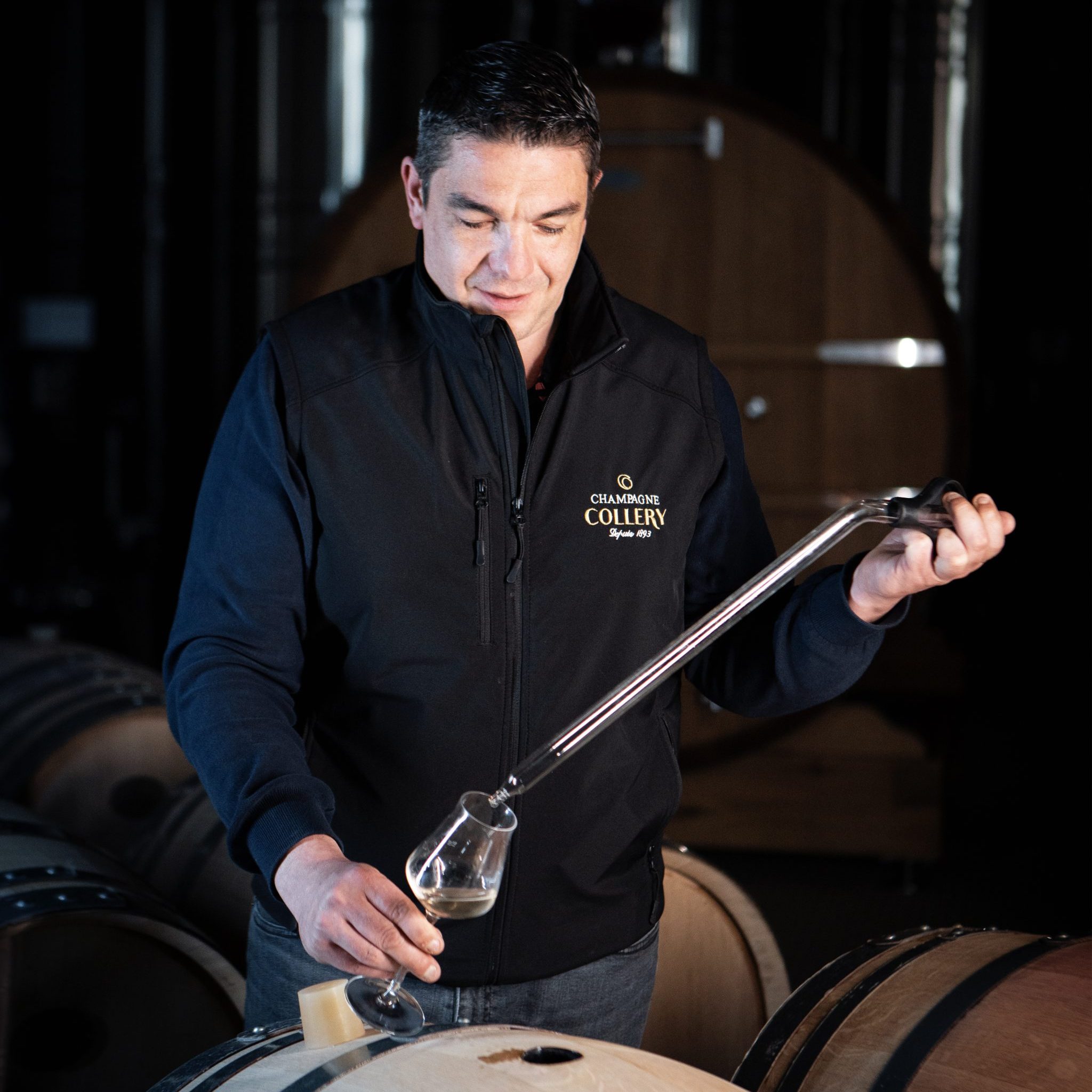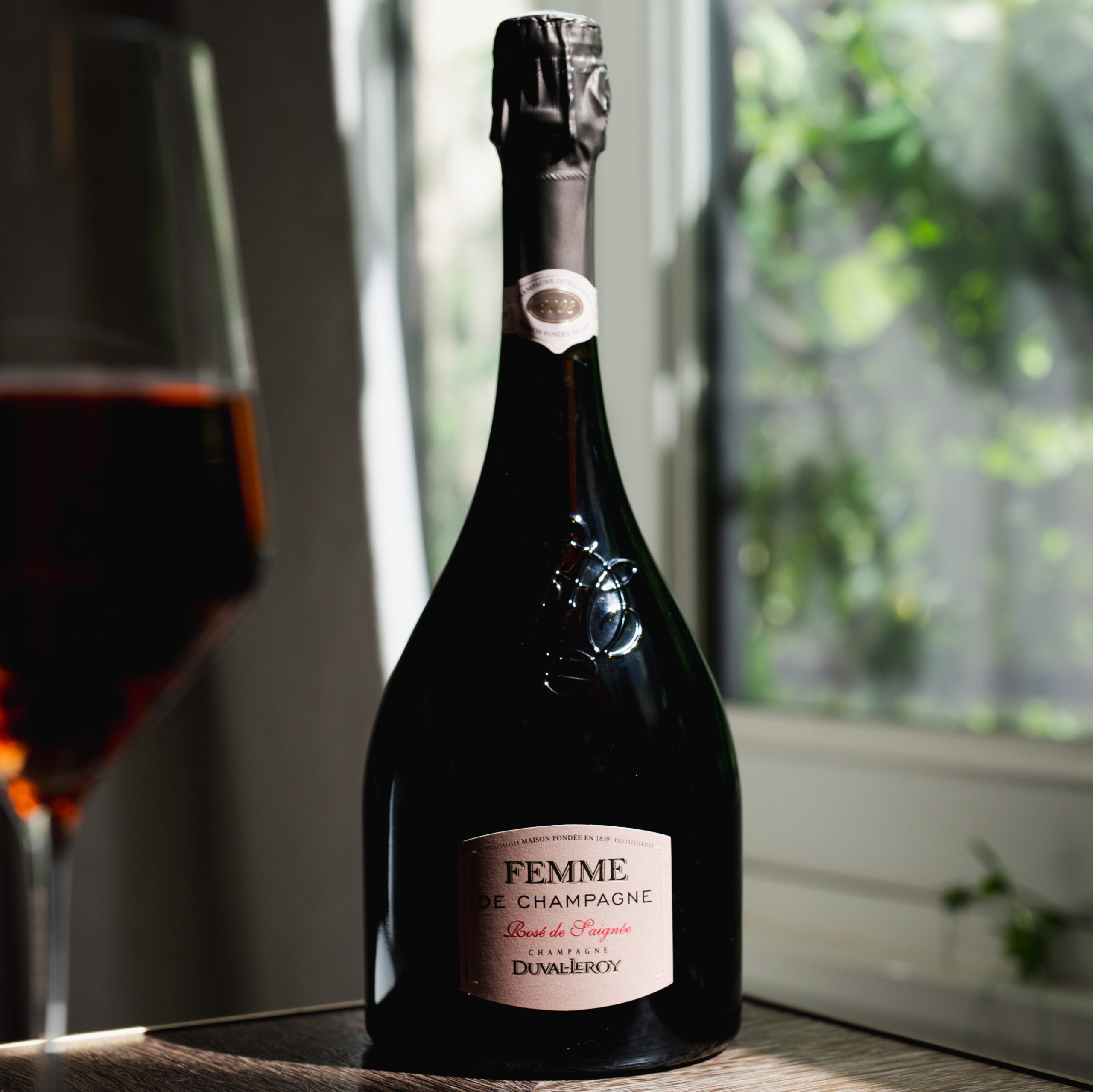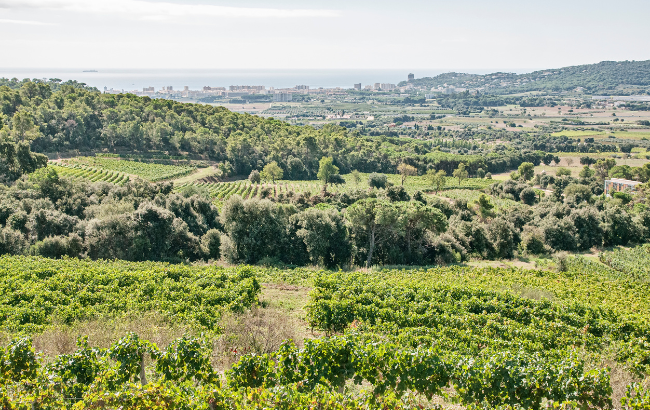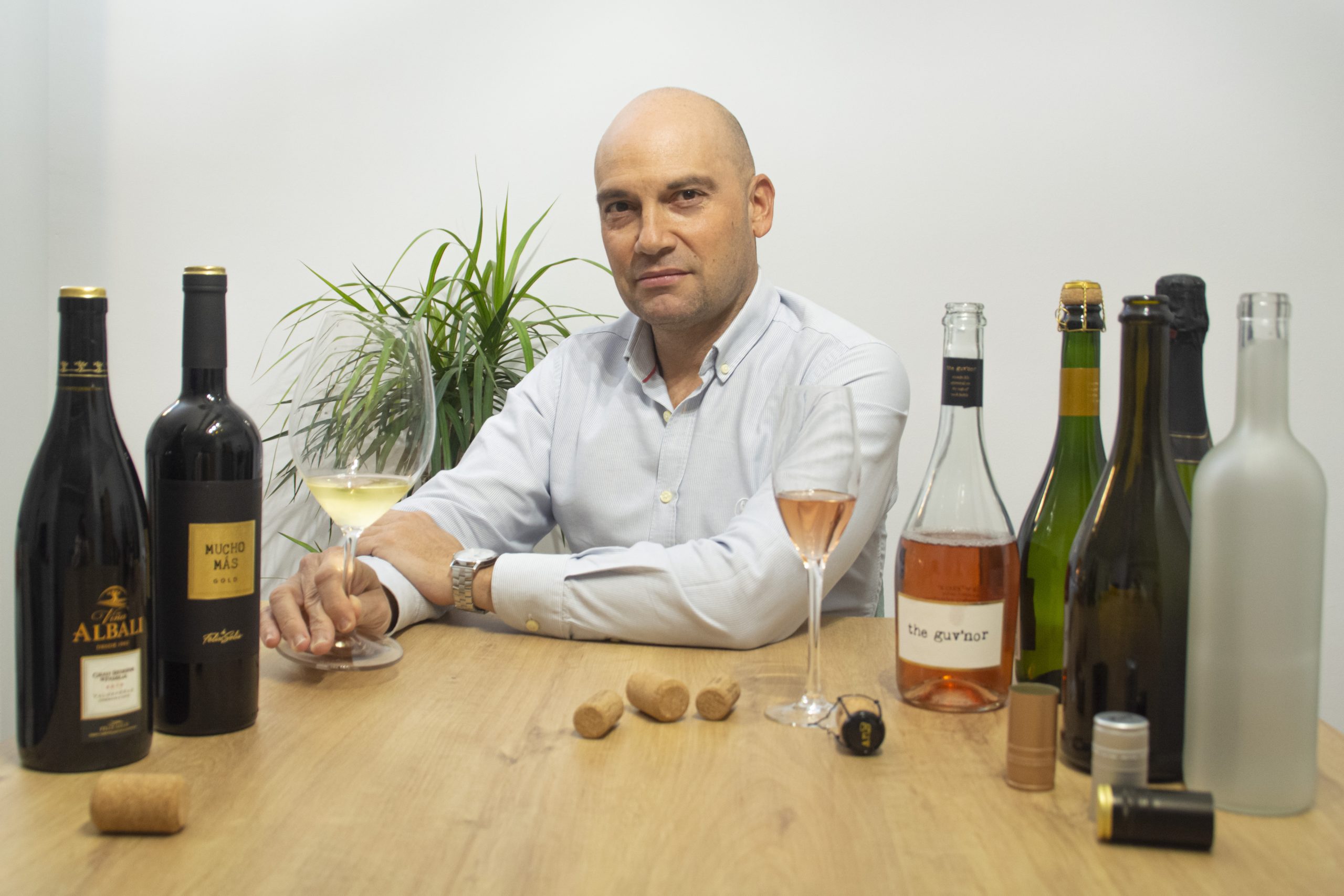This website uses cookies so that we can provide you with the best user experience possible. Cookie information is stored in your browser and performs functions such as recognising you when you return to our website and helping our team to understand which sections of the website you find most interesting and useful.
Former Latour winemaker killed in car crash
By Lucy ShawDenis Malbec, a California-based winemaker and former cellar master of Château Latour, was killed in a car crash in Yountville early Saturday morning.
Denis Malbec and his wife May-Britt
According to the Napa Valley Register, Malbec was at the wheel of his Mercedes-Benz on Washington Street when the accident happened at 1.10am.
The car went off the road, broke through a fence and struck several trees – 46-year-old Malbec was pronounced dead at the scene.
30-year-old winemaker Josh Phelps was also in the car at the time, but escaped unhurt. He was taken to Queen of the Valley Hospital in Napa as a precautionary measure.
The pair had dined at Press restaurant in St. Helena. Both were wearing seatbelts. It is unknown whether alcohol or drugs were a factor in the crash.
Malbec seemed destined for a life in wine, having spent his childhood among the vines at Château Latour in Bordeaux where his father Jean-Noel Malbec worked from 1947 to 1994.
Learning the tricks of the trade from his dad, after stints at Haut-Brion, Lagrange and Duval Leroy, Malbec started working at Latour in 1993 and was made a winemaker at the estate in 1994, a position he held until 1999.
Partner Content
A year later, he and his wife May-Britt started their own wine consulting company in California and began working with the likes of Kapcsandy Family Winery and Blankiet Estate in Yountville.
“He tried to bring Bordeaux-style, beautiful, elegant, lower-alcohol wines to the US,” Andre Boada, Malbec’s friend and former vice president of sales at Captûre Wines, told the Napa Valley Register.
Malbec was a founding winemaker at Captûre near Cloverdale, which was bought by Jackson Family Wines in 2014. He and May-Britt also ran their own boutique winery, Notre Vin, making wines from small parcels in Napa and Sonoma.
In 2014 Malbec was sued by the owner of Napa Valley winery Chateau Potelle when owner Jean-Noël Fourmeaux accused him of allowing what he hoped would be a $200-a-bottle “cult” wine to turn into “vinegar” for failing to react quickly enough to rising levels of volatile acidity in the wine.





